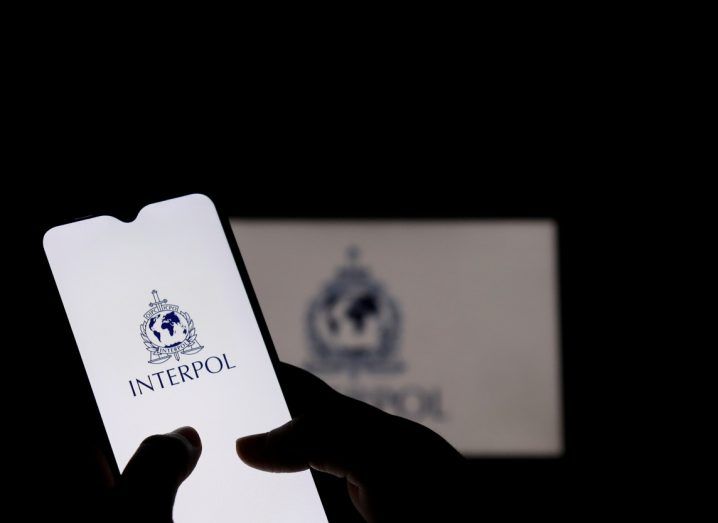
Image: © Brenda Blossom/Stock.adobe.com
Between 16 and 20 October, Operation Storm Makers II oversaw more than 270,000 inspections and police checks at 450 human trafficking global hotspots.
An Interpol investigation has found that increasing cyber fraud schemes involving fake crypto investments and online gambling scams are fuelling human trafficking globally.
In a statement today (8 December), the international anti-crime organisation headquartered in Lyon, France, said that cyber fraud stemming from human trafficking has been expanding beyond its usual epicentre of Southeast Asia and spreading to other parts of the world.
These so-called cyber scam centres located everywhere from Southeast Asia to Latin America were uncovered in an Interpol investigation called Operation Storm Makers II, which mobilised law enforcement in 27 countries to target human trafficking and migrant smuggling.
It involved more than 270,000 inspections and police checks at 450 human trafficking and migrant smuggling hotspots between 16 and 20 October.
“Many of the hotspots are regularly used to traffic victims to notorious cyber scam centres in Southeast Asia,” Interpol wrote in a statement.
“Victims are often lured through fake job ads and forced to commit online fraud on an industrial scale, while enduring abject physical abuse. “Fraud schemes include fake cryptocurrency investments, as well as work-from-home, lottery and online gambling scams.”
Earlier this year, an operation led by Interpol shut down a notorious phishing-as-a-service platform called 16shop and made arrests connected to the group.
Interpol said 16shop sold ‘phishing kits’ to hackers that aimed to scam internet users. These scams typically involved emails that contained PDF files or links which redirected users to a website that would request credit card details or other sensitive data from victims.
Hacking tools supplied by 16shop compromised more than 70,000 users in 43 countries, according to Interpol.
Bernardo Pillot, Interpol’s assistant director of cybercrime operations, said at the time that there has been an “unprecedented increase” in cyberthreats and their sophistication.
“Cyberattacks such as phishing may be borderless and virtual in nature, but their impact on victims is real and devastating,” Pillot said, adding that attacks are becoming “more tailored” as criminals are aiming for “maximum impact and maximum profit”.
‘The human cost of cyber scams’
As part of this latest operation, Interpol arrested 281 individuals for offences ranging from human trafficking, passport forgery and corruption, to telecommunications fraud and sexual exploitation.
149 victims of human trafficking were rescued as part of the operation, with more than 360 investigations opened, many of which are still ongoing.
“The human cost of cyber scam centres continues to rise. Only concerted global action can truly address the globalisation of this crime trend,” said Rosemary Nalubega, assistant director of vulnerable communities at Interpol.
“While the majority of cases remain concentrated in Southeast Asia, Operation Storm Makers II offers further evidence that this modus operandi is spreading, with victims sourced from other continents and new scam centres appearing as far afield as Latin America.”
10 things you need to know direct to your inbox every weekday. Sign up for the Daily Brief, Silicon Republic’s digest of essential sci-tech news.






